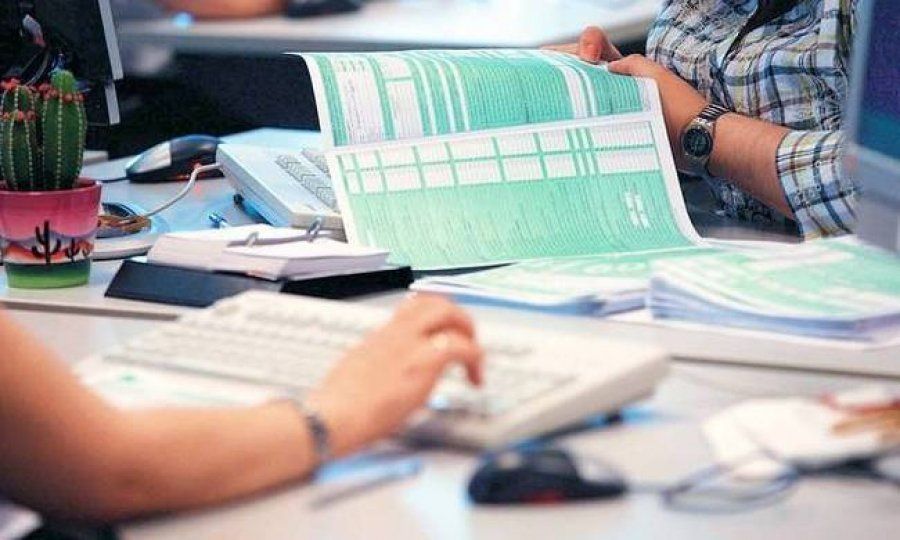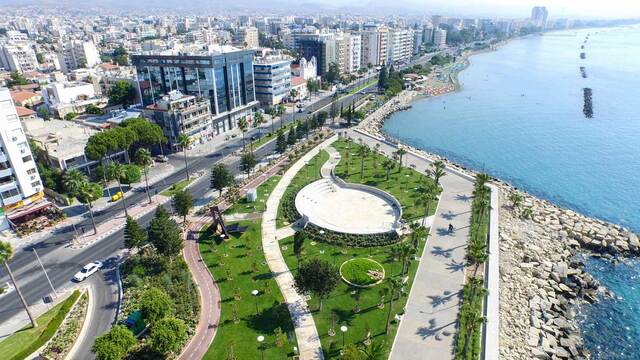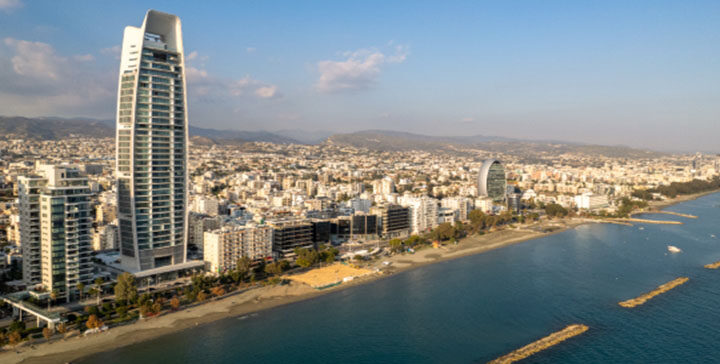Worldwide there is an effort to reduce tax evasion. The issue can be addressed to some extent if the payer of an account has some benefit by submitting the receipt to Income Tax authorities in Cyprus and not as it is today that the benefit of the payer is only if it is part of the process of earning his income.
That is, if a family has medical, legal, maintenance costs of its privately owned residence, etc. with a maximum (even indicatively) of €50,000 per year, a percentage of 20% (around €10,000) is deducted for income tax purposes.
Of course, this approach will probably help the highest earners who pay a higher rate of income tax rather than the low-income owners and others. However, the failure to provide receipts (without benefit to the payer) helps the tax evasion of the recipient and their income tax will be many times the deduction to the payer.
All receipts should bear the name of the customer/payer [and this may prove to be a problem regarding the VAT (19%) charge] to avoid “collecting” receipts from some for income tax purposes (if they do not pay them themselves – as is in Greece).
There have been many attempts in Greece to introduce some kind of system of card payment receipts, etc. with the aim of reducing tax evasion, but there, this problem is more general and is due to the mentality of the Greek state, while we in Cyprus have a problem to supplement the state’s income from non-tax collections.
According to a recent report, a well-known private hospital in Nicosia asked for the tariff of €50 for a visit to the doctor. The receptionist-cashier did not accept payment either by card or cheque, only cash. But she was willing to issue a receipt. The patient did not ask for a receipt since medical expenses are not deducted from his own tax.
Let’s discuss the issue. The doctor here is a tax evader, the patient has no profit, and if he insists on proof he will perhaps pay extras?
So, who loses at the end of the day? First, the state, for not having the correct picture of income tax receipts from the doctor/hospital and of course since the head (the doctor) collects tax-free, it is reasonable for him to pay tax-free money himself to third parties (eg contractors, employees, suppliers, etc.). An additional information we heard about was the construction of a building that a large percentage of the bill was paid in under the table.
Lawyers and others
Similarly, this prevails in other sectors such as law firms and other professions.
In our sector (construction and real estate) the situation is also tragic and it is now routine to pay with ‘black money’ (undeclared) when it concerns small jobs-repairs etc. of private houses and others where there is no deduction from income.
This issue also involves the payment of the unemployed, since the craftsman/builder, if paid with a receipt (after being declared unemployed) will not receive unemployment. Therefore, the state not only does not collect, but also pays the unemployment benefit, which if the unemployed declared his income he would not be entitled to.
Let us come to the catering and leisure sector. A foreign person spent around €140,000 on his daughter’s wedding, €80,000 of which was ‘black’ was undeclared by the organiser (according to his friends who wondered how it was possible).
We certainly have the issue of holiday villas and periodic rentals either by themselves or by real estate agents (foreign and local – Holiday Homes to Let) periodically or directly from the internet with customers mainly from abroad as well as locals.
As stated by the president of the hoteliers association, about 20% of tourists stay in private villas (without receipts from the municipal authorities, income tax, etc.) – we have dealt with this issue in a previous column – the situation is extremely challenging and unfair for both taxpayers and hoteliers.
The issue is simple and is solved to some extent by officials or otherwise to verify the issues mentioned. 15 years ago, when there was an attempt to chase after doctors and they asked them for appointment logs, doctors declared inability due to personal data (and the whole effort failed – since no one wants to take on doctors because “you don’t know when you’re going to need one”. Visiting foreign doctors (mainly Greeks with appointments mainly in hotel suites, is another huge issue that so far has not been touched upon).
Finally, eight years ago, we were reminded of the research conducted for a well-known souvlaki maker in Nicosia, where the Income Tax “discovered” his turnover based on wrapping papers (now special plastic boxes are made) and discovered that he sold about 1,000 pitas a day. Similarly we ask how many restaurants, taverns etc. submit the receipt with VAT – or just keep a simple receipt block with the amount or even verbally.
In our real estate sector, several owners refuse to pay VAT, resulting in the real estate agent either absorbing 19% or not declaring it with all the consequences.
An effort is made to pay the expenses by card. Very correct and on our recent visit to the Netherlands, it seemed strange to the restaurateur why we would not pay by card, while even a “buggy” outside was selling juices of €5 and insisted on being paid by card.
Antonis Loizou F.R.I.C.S. – Antonis Loizou & Associates EPE – Real Estate Appraisers & Development Project Managers










